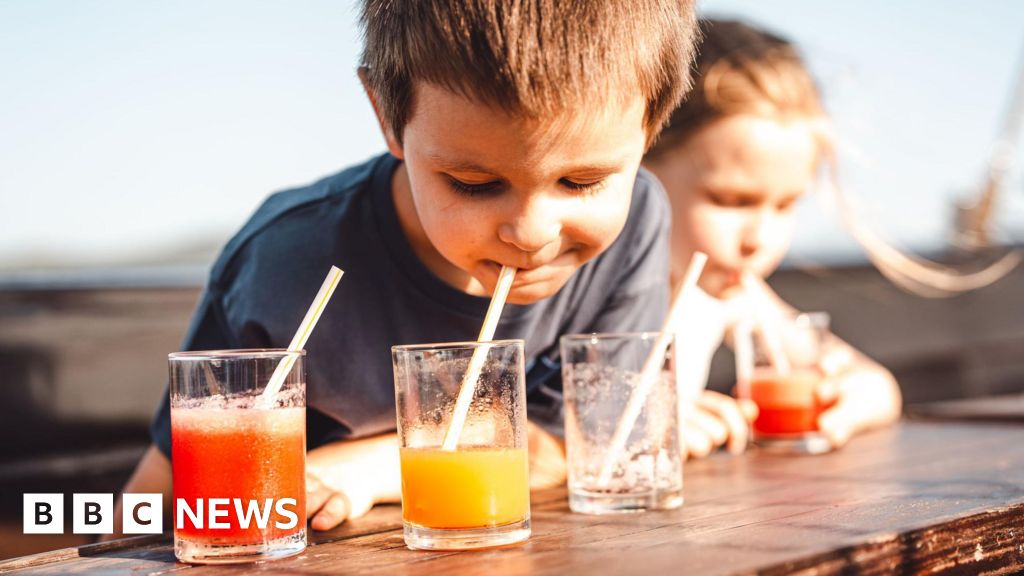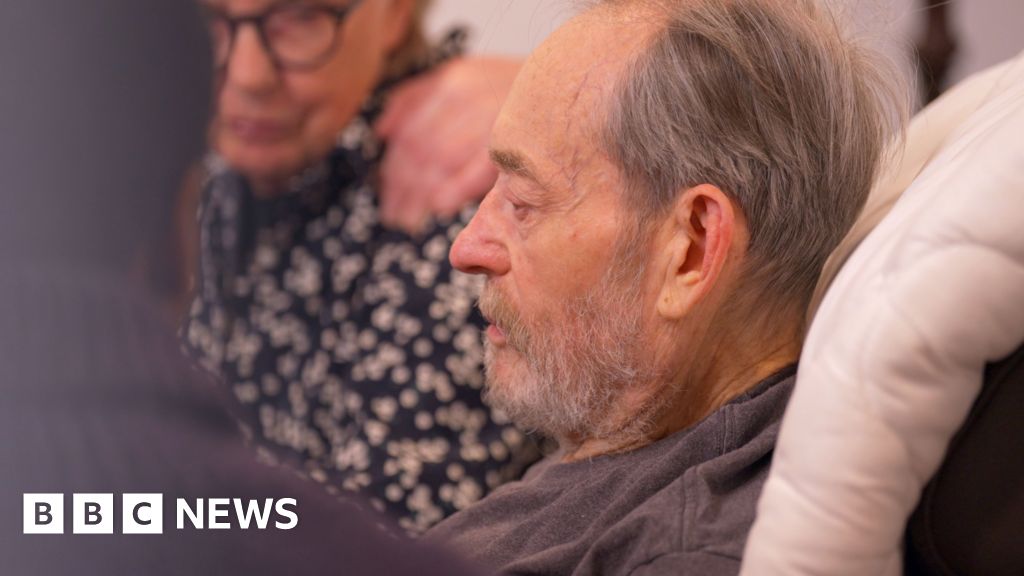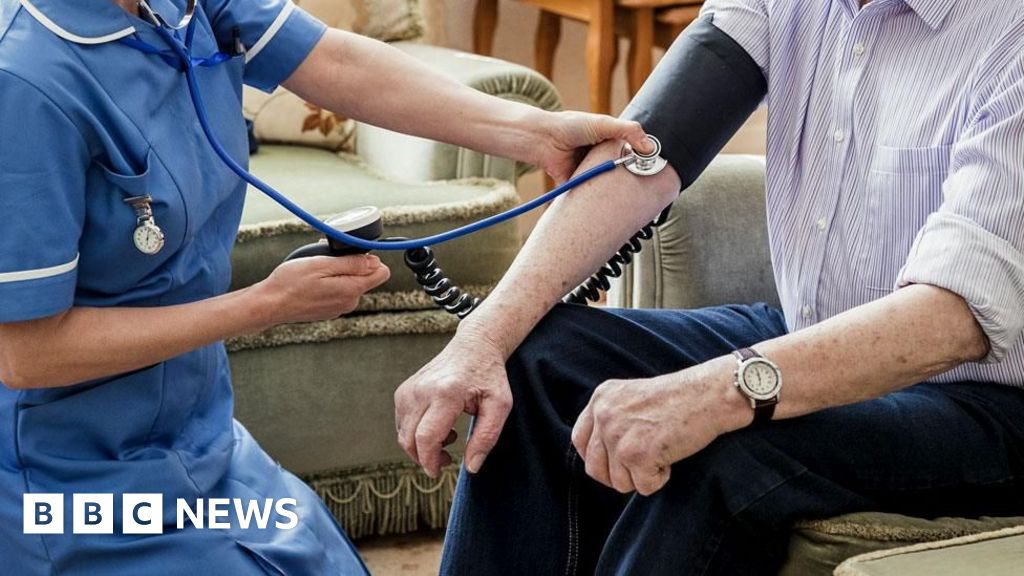ARTICLE AD BOX
Women in England and Wales are likely to continue having babies later in life, and having smaller families, than previous generations, according to Office for National Statistics (ONS) projections.
The ONS says girls turning 18 in 2025 are likely to have an average of one child per woman by the age of 35 - unlike their mothers' generation, which had an average of one child per woman by the time they were 31.
They are also projected to have an average of 1.52 children during their lifetimes - down from 1.95 children for their mothers and 2.04 children for their grandmothers.
The new analysis marks the first time the ONS has explored how fertility levels could change in future generations.
It looks at fertility patterns for women born in 1978 alongside patterns for their mothers' generation - assumed to be those born in 1951 - and projections for their daughters' generation - considered to be those born in 2007, who turn 18 this year.
It shows those born in 1978 on average have one child by the time they reach 31. For their mothers' generation, this occurred by the age of 26.
By projecting this trend forwards into the future, the ONS found that women born in 2007 are likely to have an average of one child by the time they are 35.
For girls born in 2025, this is projected to occur by the time they are 36.
Kerry Gadsdon, from the ONS, said the trend may be driven by "financial pressures and the timing of other life events such as partnership formation and moving into your own home generally happening later".
The data also shows the largest average family size for women born in England and Wales over the past 100 years was for girls born in 1934 and 1935, who went on to have an average of 2.42 children.
Projections suggest a steady fall began in the early 1980s - to an average of 1.80 children for women born in 1990, 1.54 for those born in 2000, 1.52 for those born in 2007 - who turn 18 this year - and 1.46 for girls born this year.
Women born in 2007 are projected to have most of their children after they have turned 30. By contrast, women born in the first few decades of the 20th century had already had most of their children by the time they had reached the same age.
The latest analysis comes months after the ONS published data which found the fertility rate in England and Wales had dropped to its lowest rate on record.
Only 591,072 babies were born in 2023, fewer than in any year since 1977 and a fall of more than 14,000 on the previous year, the ONS said.
Research suggests pregnancy at older ages increases the risk of complications during pregnancy and labour.
There is also research to suggest more women in their late 30s will experience difficulties conceiving than women in their late 20s or early 30s.

 1 day ago
8
1 day ago
8








 English (US) ·
English (US) ·